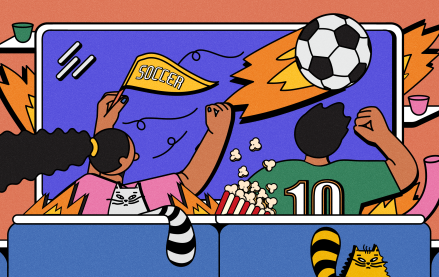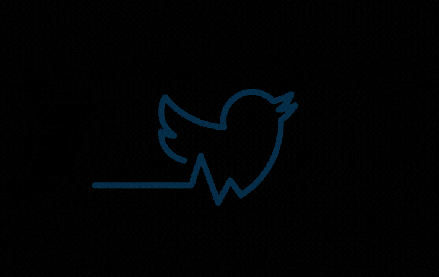DTC reproductive brand ups video ad investment to get in front of more eyeballs

Direct-to-consumer reproductive brand Natalist is beefing up its media mix and layering in more video advertising than ever before. The company, founded in 2019, is looking to boost brand awareness, get in front of more customers and scale the business after being acquired by Everly Health last October.
Natalist has spent the last year focused on brand awareness and expanding its audience, according to Jenifer Dasho, Everly Health’s CMO and Natalist’s general manager. To do so, the fertility brand is more heavily relying on digital and traditional television advertising as opposed to its former strategy, which predominantly relied on organic content marketing and organic search.
“TV, both digital and broadcast, was really about reach and expanding our audience,” Dasho said. “A lot of our goal was to put that imagery in front of people in the maximum way we could. That was a big driver for why we chose some of the more reach driven channels.”
Efforts reached a fever pitch back in October with Natalist’s “Always in Awe” campaign, which ran across streaming services like Hulu, NBC and Disney Entertainment (including Freeform, FX, ABC, Discovery, The CW and Tubi). It will run across linear television in the coming months.
Dasho said Natalist is “investing proportionally more than other channels in our TV and digital video efforts,” but declined to offer further details around the company’s media spend. Per Kantar, Natalist spent more than $1.3 million on advertising from January to June this year, up exponentially from the nearly $22,000 spent last year. (Those numbers do not include social media, as Kantar does not track those figures.)
In addition to Natalist’s push into video advertising to garner a bigger audience, the startup recently started leveraging more influencer marketing and paid social media, Dasho said. “We knew from the beginning that we wanted to expand our channel mix,” she added.
Leveraging a video-led ad strategy is a smart move for any startup looking to familiarize shoppers with the brand, thus being top of mind when the time comes to make a purchase, according to Patti McConnell, co-founder and managing partner of Something Different ad agency.
“For a startup, especially one around women’s reproductive health, there’s no better medium to tell their story than through video,” McConnell said in an email to Digiday. “‘Video’ lets brands speak to a large audience directly and passionately.”
Digital video especially is a growing media channel, with big players Disney+ and Netflix both rolling out ad-supported options. This year, U.S. advertisers are expected to spend $21.16 billion on connected TV, a 23% increase from last year, according to eMarketer.
“There’s so much that video advertising can do for any brand — especially a startup brand,” Jessica Ehrhardt, Dagger ad agency’s health and wellness practice lead, said via email. “Marketers are definitely investing more time, money and brainpower into creating impactful video content for their brands.”
It’s too early to tell if Natalist’s investment in video ads will paid off, as the brand is in the early bouts of its campaign and increased spend. However, Dasho said she expects to see an uptick in branded search site traffic as well as social media impressions.
“Everything we do should serve a goal, and the media mix should really match that goal,” she said.
More in Marketing

Ahead of Euro 2024 soccer tournament, brands look beyond TV to stretch their budgets
Media experts share which channels marketers are prioritizing at this summer’s Euro 2024 soccer tournament and the Olympic Games.

Google’s third-party cookie saga: theories, hot takes and controversies unveiled
Digiday has gathered up some of the juiciest theories and added a bit of extra context for good measure.

X’s latest brand safety snafu keeps advertisers at bay
For all X has done to try and make advertisers believe it’s a platform that’s safe for brands, advertisers remain unconvinced, and the latest headlines don’t help.





